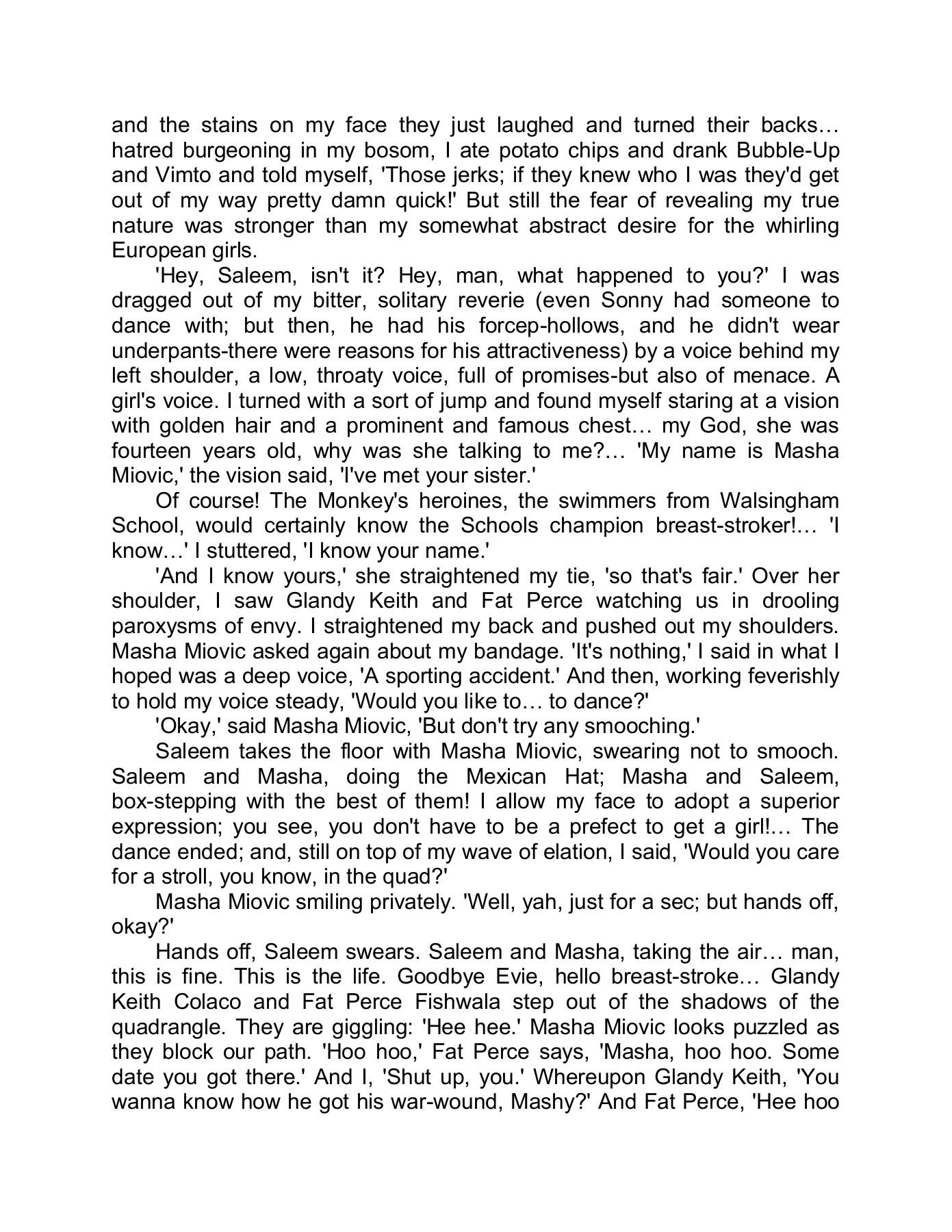The Enduring Legacy of Salman Rushdie

Introduction
Salman Rushdie, a prominent novelist and essayist, has been a pivotal figure in contemporary literature. His work often addresses themes of identity, cultural conflict, and the complexities of human experience. In recent times, the importance of Rushdie’s contributions to literature and discussions surrounding freedom of expression has been underscored by several high-profile incidents, including an attack on his life that highlighted the ongoing threats faced by writers worldwide.
Recent Events Surrounding Rushdie
On August 12, 2022, Salman Rushdie was attacked while speaking at an event in Chautauqua, New York. The assailant, Hadi Matar, was quickly apprehended, and the incident sent shockwaves through the literary community and beyond. Rushdie sustained serious injuries, leading to concerns over his health and safety. This attack brought to the forefront ongoing debates about censorship, freedom of expression, and the vulnerability of artists in politically charged environments.
Following his recovery, Rushdie has returned to public life, using his platform to advocate for the rights of writers and the importance of free speech. His resilience serves as a testament to his enduring commitment to his craft and beliefs, as well as a reminder of the challenges faced by those who dare to speak their minds.
Rushdie’s Contributions to Literature
Salman Rushdie is perhaps best known for his novel ‘The Satanic Verses’, which sparked significant controversy and led to a fatwa being issued against him in 1989. This declaration posed a threat to his life and forced him into hiding for nearly a decade. Despite the circumstances, Rushdie’s work has continued to garner critical acclaim, with books such as ‘Midnight’s Children’ winning the Booker Prize and establishing him as a central voice in post-colonial literature.
His ability to weave complex narratives that reflect cultural hybridity and personal experience has made him a significant figure across various literary landscapes. Additionally, his non-fiction works address pressing social and political issues, adding further depth to his legacy.
Conclusion
Salman Rushdie’s experiences and literary contributions resonate deeply in today’s world, making discussions around censorship and freedom of expression more relevant than ever. As we reflect on the attack against him, it is imperative to recognise the sacrifices that many writers make in the pursuit of truth. The ongoing support for Rushdie and similar figures underscores the broader fight for intellectual freedom, ensuring that diverse voices continue to be heard in an ever-evolving landscape of literature and society.
